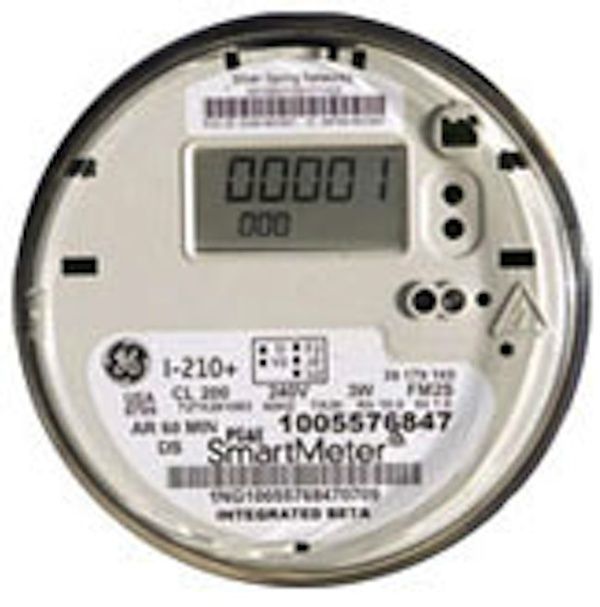 Sometimes you have to look closely to distinguish between Smart Meters and the older analog meters.
Sometimes you have to look closely to distinguish between Smart Meters and the older analog meters.
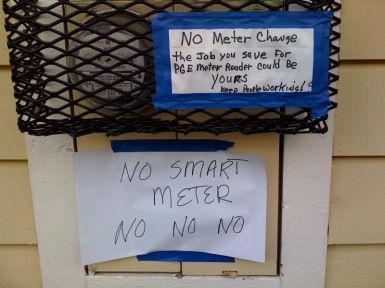 Critics of PG&E's new wireless Smart Meters have raised concerns about electromagnetic radiation, billing accuracy and other issues. A North Bay legislator says whether or not you agree with the worries their people express, they ought to have a choice to opt out.
Critics of PG&E's new wireless Smart Meters have raised concerns about electromagnetic radiation, billing accuracy and other issues. A North Bay legislator says whether or not you agree with the worries their people express, they ought to have a choice to opt out.
PG&E has been "inflexible" in their process of rolling out the Smart Meters, observes Assemblyman Jared Huffman (D-San Rafael), and he suspects the company's attitude has also colored the negative response to the new meters. By working with him on the opt-out bill, Huffman suggests, the utility could regain some good will with their customers.
 Jared Huffman
Jared Huffman
In the absence of definitive science to resolve the question of whether exposure to EMF radiation has negative health effects, Huffman says his bill allows those who want to exercise caution--just in case--to do so.

Ellen Hodgson Brown, author of The Web of Money, thinks Califonria's economic troubles and massive budget deficit could be improved if the state were to launch its own bank, just as North Dakota has done successfully for the past 81 years. A big piece of California's still-growing budget deficit is interest payments. But if we had our own state-capitalized bank, those payments could be made back to the people of California, at a substantial net savings.
 The only state that has its own bank has a long and fruitful history with it, explains Ellen Hodgson Brown. But getting it started took another soret of credit crisis for the rural farmers there.
The only state that has its own bank has a long and fruitful history with it, explains Ellen Hodgson Brown. But getting it started took another soret of credit crisis for the rural farmers there.
More recently, she continues, they have been devoting focused attention to the cklass of compounds known as endricrine disruptors.
 Ellen H. Brown
Ellen H. Brown
Brown blogs about public banking on her website, and will also explain the concept and the arguments to support it atn the Sonoma Community Center in Sonoma on Friday, December 10 at 7:30 pm. Event details here.
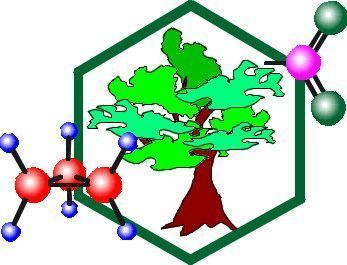 Passing a statewide green chemistry law was a big step for California two years ago. Now, supporters say, the proposed regulations to implement that law represent some serious backsliding.
Passing a statewide green chemistry law was a big step for California two years ago. Now, supporters say, the proposed regulations to implement that law represent some serious backsliding.
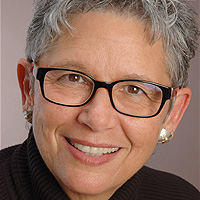 Jeanne RizzoFounded 10 years ago, the Breast Cancer Fund has been an active player in numerous issues around banning toxic chemicals from use in household products. Executive Director Jeanne Rizzo cites some examples.
Jeanne RizzoFounded 10 years ago, the Breast Cancer Fund has been an active player in numerous issues around banning toxic chemicals from use in household products. Executive Director Jeanne Rizzo cites some examples.
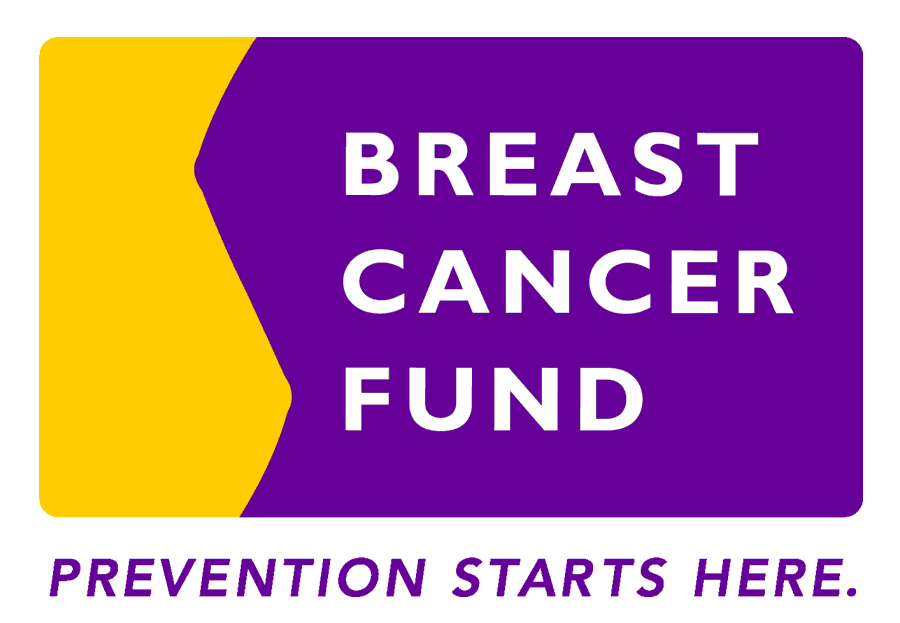 More recently, she continues, they have been devoting focused attention to the class of compounds known as endocrine disruptors.
More recently, she continues, they have been devoting focused attention to the class of compounds known as endocrine disruptors.
 A laundry basket of poached abaloneIn the current economic downturn, the lucrative black market for abalone is providing more incentive than ever for abalone poaching, which comes in a variety of forms.
A laundry basket of poached abaloneIn the current economic downturn, the lucrative black market for abalone is providing more incentive than ever for abalone poaching, which comes in a variety of forms.
If it is the black market that is driving the demand for poached abalone, then who are those buyers? California Fiosh and Game Warden Don Powers saysthey are a diverse and elusive group.
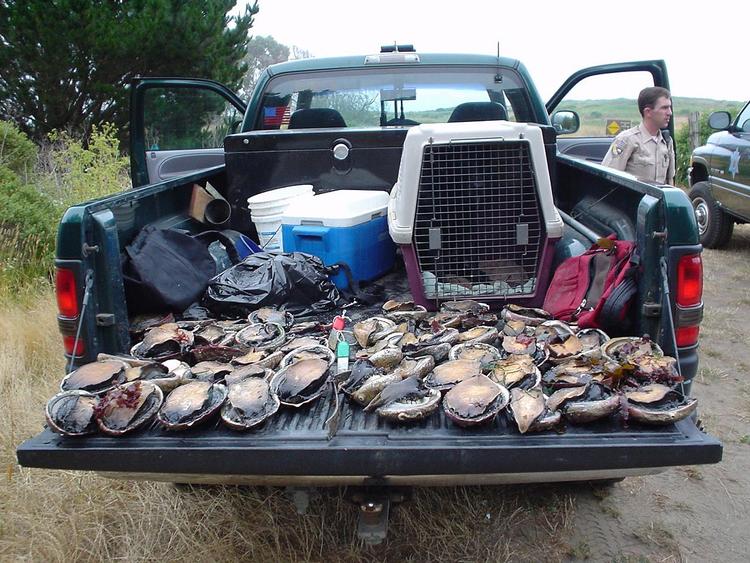 On high traffic abalone fishing days, Fish and Game wardens will set up checkpoints on major acess roads, such as Highway 1, to seek out poachers. These enfrocment actions can result in some major interceptions, such as this one.During abalone season, the California Department of Fish and Game wardens assigned to the Sonoma and Mendocino coasts spend most of their time watching abalone divers and trying to prevent or intercept poaching. Sonoma coast warden Tiffiany Stinson describes a normal workday.
On high traffic abalone fishing days, Fish and Game wardens will set up checkpoints on major acess roads, such as Highway 1, to seek out poachers. These enfrocment actions can result in some major interceptions, such as this one.During abalone season, the California Department of Fish and Game wardens assigned to the Sonoma and Mendocino coasts spend most of their time watching abalone divers and trying to prevent or intercept poaching. Sonoma coast warden Tiffiany Stinson describes a normal workday.
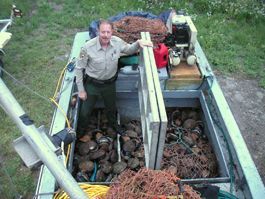 In addition to the wardens who patrol the coast, notes Stinson, Fish and Game also has a special unit that cocentrates on the buyers and distribution of illiegally taken abalone. But she believes their efforts are sometimes weakened by inconsistent penalties for convictions.
In addition to the wardens who patrol the coast, notes Stinson, Fish and Game also has a special unit that cocentrates on the buyers and distribution of illiegally taken abalone. But she believes their efforts are sometimes weakened by inconsistent penalties for convictions.

Open season on California's most popular mollusk has ended, but the fate of the Pacific red abalone fishery won't be determined by those who obey the laws governing it.
 If you find abalone on the menu at an area restaurant, says California Fish and Game warden Tiffany Stinson, it isn't necessarily there illegally. But it might be.
If you find abalone on the menu at an area restaurant, says California Fish and Game warden Tiffany Stinson, it isn't necessarily there illegally. But it might be.
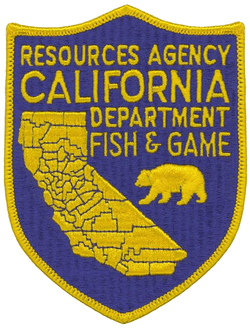 Abalone popaching is hardly a new problem, as you can read in this North Bay Bohemian article from April 2008, There is much more information about the abalone itself as well as the regulations that apply to in on the California Fish & Game website
Abalone popaching is hardly a new problem, as you can read in this North Bay Bohemian article from April 2008, There is much more information about the abalone itself as well as the regulations that apply to in on the California Fish & Game website
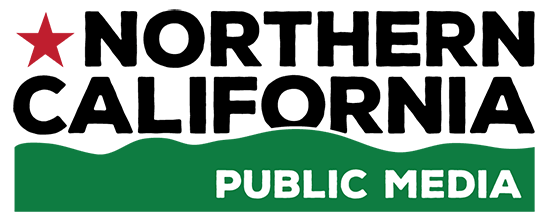
 Live Radio
Live Radio



